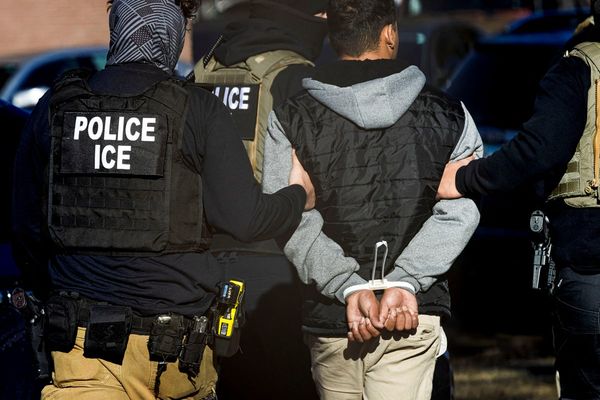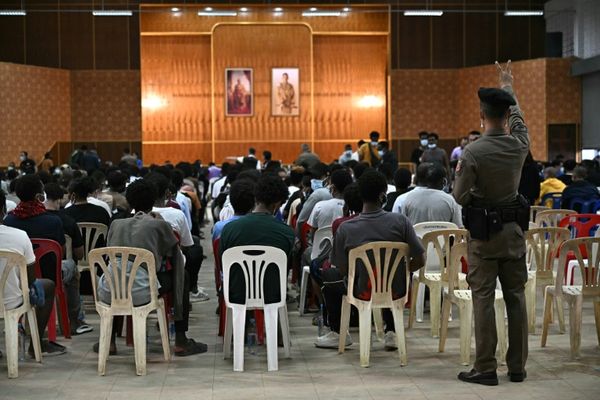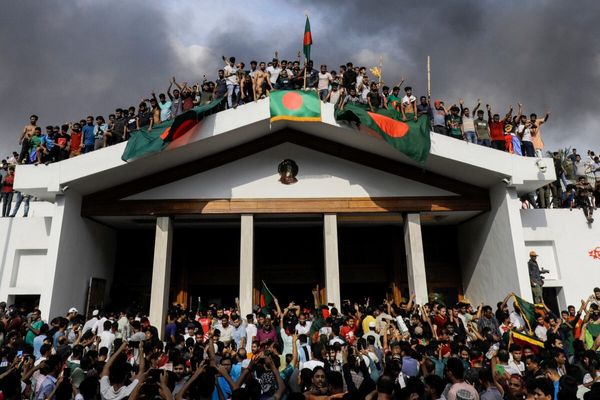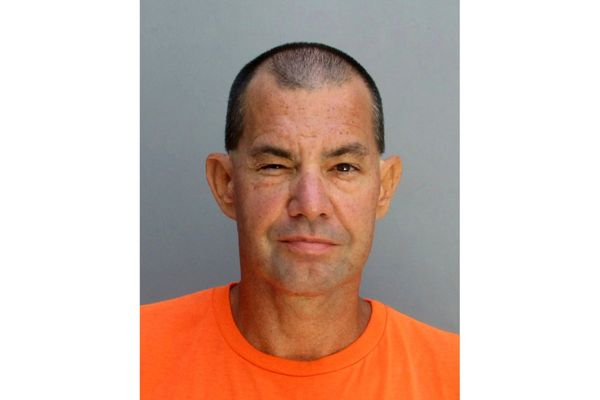South African cricket star Quinton de Kock pulled out of his side's eight-wicket Twenty20 World Cup win over the West Indies overnight.
The move was prompted by his opposition to an edict that the team was to kneel before the game in the widely understood and adopted gesture against racism.
Cricket South Africa announced the directive on Monday after the team was criticised for not having a uniform stance prior to the match on Saturday against Australia.
De Kock's move has drawn criticism, and despite the controversy the 28-year-old has received an offer of support from his captain.
But the saga is a reminder of sports' difficult history with racism in South Africa and beyond.
What happened overnight?
South Africa was up against the West Indies in its second match of the men's Twenty20 World Cup in the Middle East.
The Proteas lost their first game of the tournament to Australia, making the match against the defending champions from the Caribbean crucial.
But De Kock — wicketkeeper, star opening batsman and former captain — was not named in the team.
He had declined to take a knee in warm-up matches and his absence was initially explained as being for "personal reasons".
But shortly before the game, a statement from the country's cricket authority confirmed de Kock's opposition to the gesture was his motivation.
"Cricket South Africa (CSA) has noted the personal decision by South African wicket keeper Quinton de Kock not to 'take the knee' ahead of Tuesday's game against the West Indies," it read.
"All players had been required, in line with a directive of the CSA board on Monday evening, to 'take the knee' in a united and consistent stance against racism.
"The Board’s view was that while diversity can and should find expression in many facets of daily lives, this did not apply when it came to taking a stand against racism."
South Africa ended up winning the match without de Kock, his replacement Reeza Hendricks hitting 39 off 30 balls as the side successfully chased down its target of 144.
So far, de Kock has remained silent.
What are other people saying?
South African cricket captain Temba Bavuma says he respects de Kock's decision.
Bavuma replaced de Kock as captain in March after his opening partner took time out for a mental health break.
"Quinton is an adult, he is a man in his own shoes, we respect his decision, we respect his convictions, and I know he'll be standing behind whatever decision he's taken."
West Indian captain Kieron Pollard hadn't realised the circumstances around de Kock's withdrawal immediately after the match, but said the team felt strongly about taking the knee.
On the match broadcast, former Zimbabwean player Pommie Mbangwa and ex-West Indian captain Darren Sammy shared a powerful exchange when de Kock's absence was explained.
"I dare say Darren, cricket will take a back seat," Mbangwa said.
"I speak because the team concerned is South Africa with a history of exclusion and racism, and for this as an issue to still be here and to rear here, well it's huge.
Sammy replied: "Sometimes I don't understand why it is so difficult to support this movement if you understand what it stands for … what my kind have been through."
What led up to these events?
The gesture of "taking a knee" grew from a protest against racial inequality in the USA by American football player Colin Kaepernick in 2016.
It has been adopted and accepted in the global sport community in the years since as a reminder of ongoing racial discrimination and a demand for improvement.
But some athletes have remained apathetic or resistant to the sentiment and have refused to take a knee, even as their teammates have.
A divided South African team was ridiculed after players adopted a range of gestures, creating an awkward image before Saturday's game against Australia.
Cricket South Africa decided on Monday to mandate that all players must take a knee, prompting the reaction from de Kock.
Does it go back further?
South Africa has a history of racial abuse, discrimination and segregation but the international sport community has not always been united in protest.
Beginning in the early 1970s, former Australian prime minister Gough Whitlam banned racially selected South African sporting teams from visiting the country.
But rebel Australian cricket tours to South Africa in the 1980s went ahead led by former Test captain Kim Hughes and including recently retired chief selector Trevor Hohns.
While the period of apartheid may have ended, race remains a dominant issue in South Africa.
Quotas for selection based on race have been part of South African cricket since 1999 and South African rugby had an agreement with the government that half the players at the 2019 Rugby World Cup should be black.
The first black South African cricket captain was appointed only in March this year: Bavuma, who is now central in this latest moment of tension.
What happens now?
Bavuma himself was diplomatic towards de Kock following the match.
"As far as we stand, Quinton is still one of the players, he's still one of the boys, so whatever support that he needs, whatever shoulder he requires from his teammates, we'll be there for him," he said.
In the short term, the South African cricket team may be able to bring in a player to replace de Kock for the remainder of the tournament, though that would require the approval of the event's technical committee.
But so far de Kock has not been formally dropped, with Cricket South Africa chair Lawson Naidoo telling local radio the board is waiting for a report from team management before it makes a decision.
What's even less clear is the lasting impact of de Kock's actions on the global sporting landscape and progress towards ending racial inequality.







